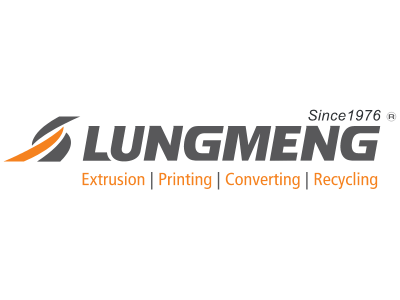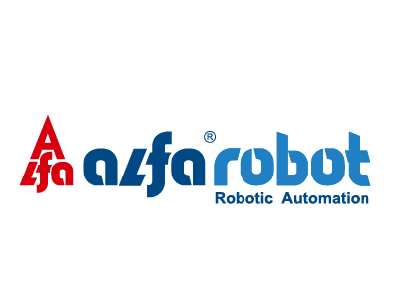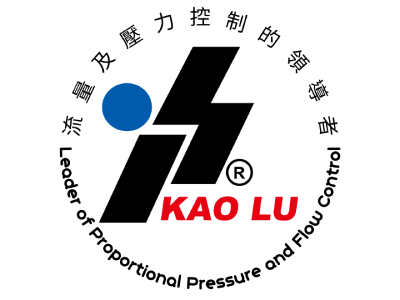HCI: Advancing Sustainable Packaging HCI Overcoming Challenges in Mono-Material Flexible Packaging
The convenience offered by plastics is undeniable and has become deeply ingrained in human life over the past half-century. However, as time has passed, many have come to view plastics as an environmental hazard.
Consider plastic bags, for instance. While they are undeniably convenient, their impact on the environment has earned them the unenviable title of "ecological killers." Consequently, food manufacturers have begun to alter their packaging methods, with the "mono-material" approach emerging as the focus of research and development.
Flexible packaging products are typically composed of composite film materials made from various types of plastic, making them challenging to separate and recycle during disposal.
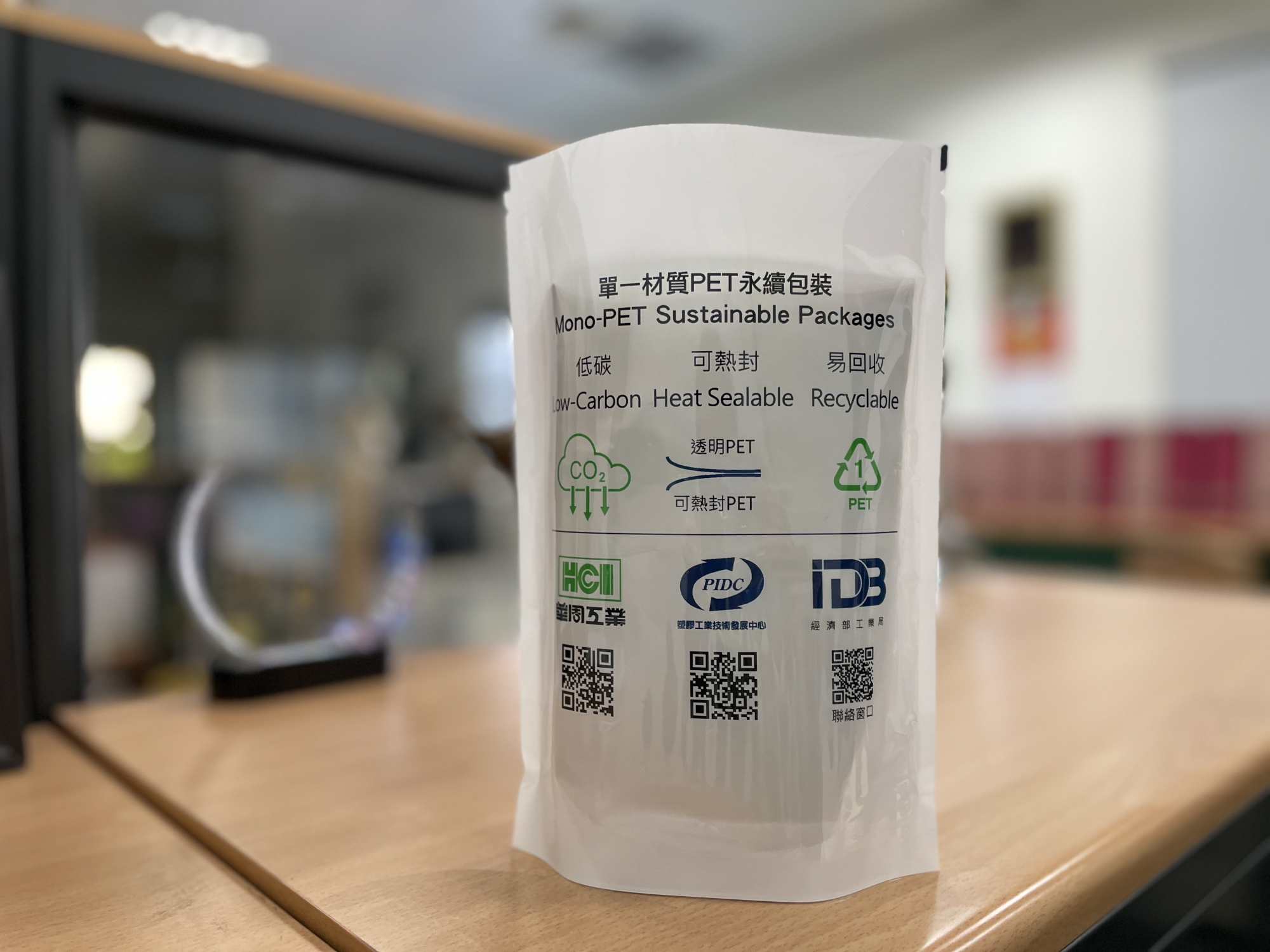
In response to the growing need for circular manufacturing and enhanced recyclability, packaging material manufacturers have introduced "mono-material packaging products." These products are fully recyclable because all their layers are constructed from the same type of plastic, such as BOPET, thereby replacing the current multi-material composite films like PET+PE, commonly used in flexible packaging products. However, the melting points of the sealing and outer layers of mono-material films are closer, which can lead to issues with traditional bag-making machines, such as material seeping through or severe wrinkling at the sealing points. In collaboration with the Plastic Industry Development Center (PIDC), HCI modified the mechanism and control system of pouch-making machines after a thorough understanding of the material properties. This led to more precise temperature control and pressure adjustments, resulting in the successful production of sustainable plastic bags from mono-material film.
As a provider of converting equipment solutions, HCI remains dedicated to the development of green technology. The aim is to incorporate recycled or recyclable materials whenever possible and produce more durable and long-lasting equipment. This not only helps reduce carbon emissions but also enables customers to optimize their processing processes, enhance efficiency, reduce energy consumption, and minimize waste. In doing so, we collectively contribute to safeguarding the Earth's environment and promoting sustainability.
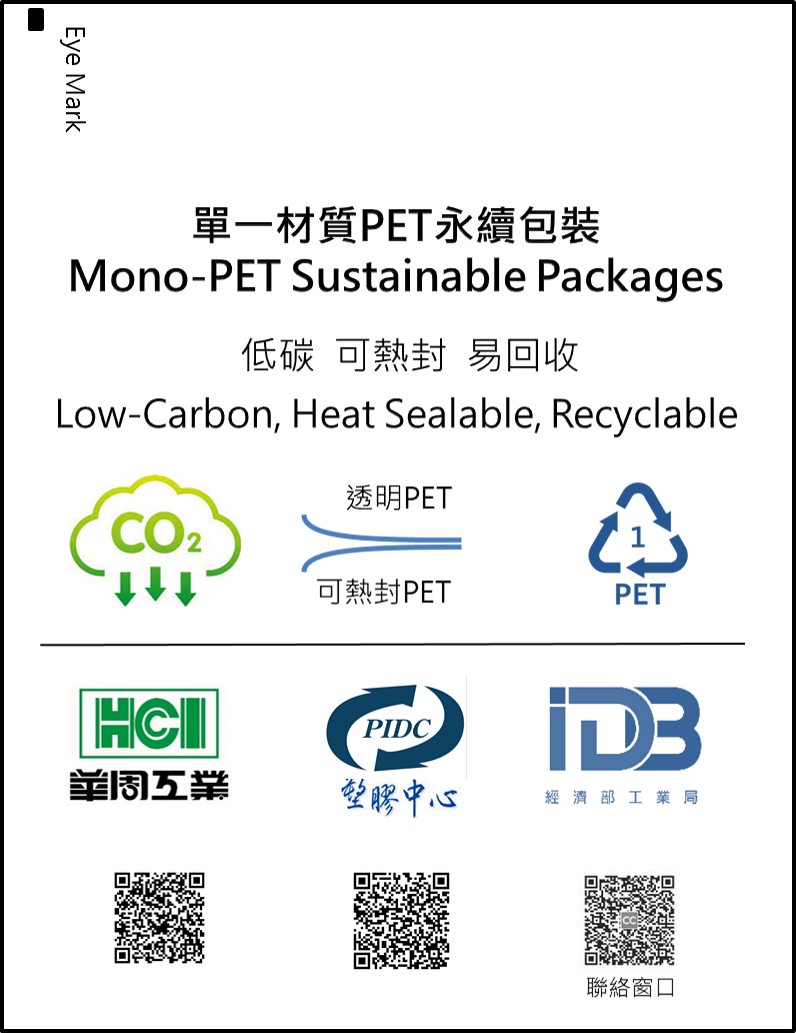
The production of mono-material flexible packaging products presents significant challenges for machinery manufacturers. However, leveraging our technical expertise and accumulated experience, HCI has successfully addressed the limitations of material properties and implemented precise temperature and pressure control, along with structural adjustments to facilitate large-scale production of various types of packaging bags, including stand-up and zipper pouches.
بثق وخطوط البثق
- الهواء فقاعة الفيلم النتوء الخط
- الهواء فقاعة الفيلم النتوء الخط
- الهواء فقاعة ورقة المشارك النتوء الخط
- حقيبة صنع الآلات
- ضربة فيلم ماكينة
- ضربة فيلم إكسوسيون
- مهب فيلم ماكينة
- يلقي فيلم آلة
- آلة طلاء
- إبس / إيب رغوة ورقة خط البثق
- الطارد
- آلات الترقق
- Extrusion Lines For Filaments and Yarn
- Extrusion Lines For Pipes and Profiles
- آلات حيدة البثق
- خط حيدة النتوء
- PET Strapping Band Extrusion Lines
- البلاستيك حقيبة صنع الآلات
- البلاستيك فيلم المشارك النتوء
- ماكينات تصنيع الأنابيب البلاستيكية
- البلاستيك أنبوب ماكينة
- بك خرطوم ماكينة
- سترو، صنع الآلات
- التوأم برغي الطارد
- التوأم برغي بثق
- المنسوجة حقيبة ماكينة
معدات إعادة التدوير للتجهيز المسبق
- زجاجة غسل الخط
- محطم
- المحبب
- بيليه
- إنتاج الكسور
- Pelletizing Machines
- بيت زجاجة إعادة تدوير الخط
- بيت الساخنة غسل الخط
- آلة تكوير
- معدات إعادة تدوير البلاستيك للتجهيز المسبق
- ماكينات إعادة تدوير البلاستيك
- البلاستيك آلة إعادة تدوير النفايات
- خطوط إعادة التدوير
- آلة إعادة التدوير
- التقطيع
- العصارات
- خط الغسيل
- معدات إعادة تدوير النفايات


